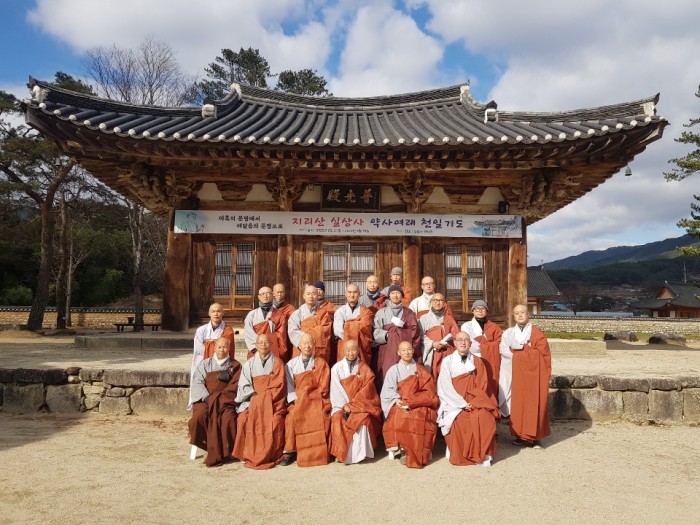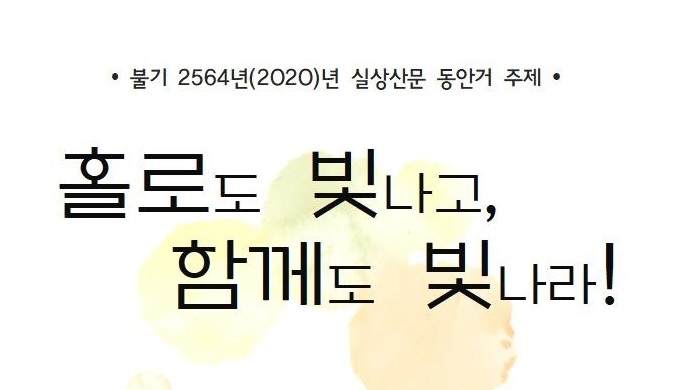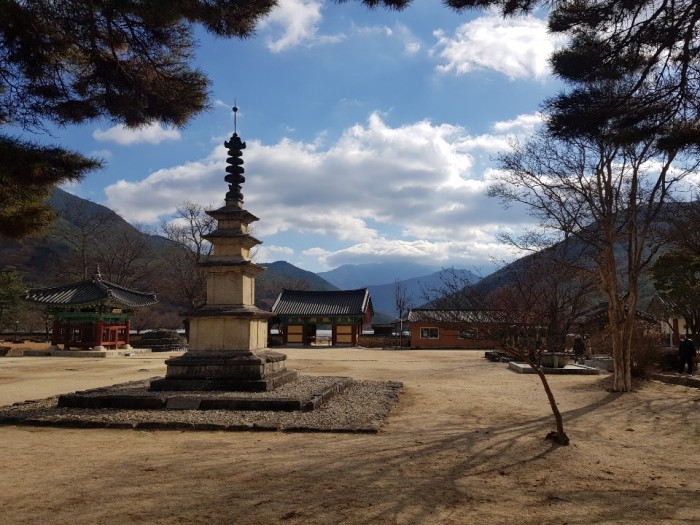Home
Schools are Prisons
Practice in Place
Government Legislation
Conclusions
References
Conclusions
It has been proven that schools very much act like prisons through the way they are structured, as many have taken on some of Bentham’s ideas of the Panopticon Prison; schools have windows in doors and strategically placed offices where children can be monitored at all times. As well as this Foucault agrees that schools behave like prisons, due to the rules and regulations created in order to maintain power over children which are very similar to rules set by guards for prisoners. Furthermore the Big Brother Scandal highlights that schools are taking their power out of control, through the amount of CCTV which has been installed over the years, as a way to keep children under constant surveillance. Again this is very similar to how prisons operate, as they too have CCTV to monitor prisoner’s actions and behaviours.
Evidently children do learn best outside the classroom and this can be seen through Summerhill and Marutanbō. Through promoting freedom and giving children their individual rights, these educational establishments are providing children with the opportunity to learn about their own interests, through a more hands-on approach. Therefore children are benefitting greatly and are learning more from real life experience, than what they would in a classroom.
Finally the Government and Ofsted both agree that learning outside the classroom should be an integral part of every child’s learning, as it allows children to freely explore; something which cannot be easily done within the classroom. Therefore learning outside the classroom is essential to every child’s learning if they are to form correct understandings of a variety of situations.





